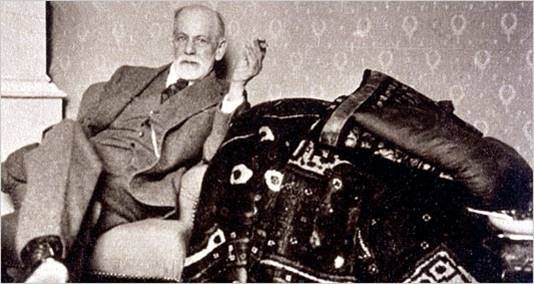
This course places modern psychotherapy and psychological assessment within its social and historical context by examining the various and continually evolving relationships between the "healer" and the "sufferer." The course begins with emergence of modern psychotherapy in the late 19th century. World War II witnessed the rise of Psychology as the recognized professional body for psychological assessment and treatment. Numerous approaches to psychotherapy were soon developed, including behavior therapy, humanistic psychology, Gestalt therapy, cognitive therapy, systems therapy, and cognitive-behavioral therapy (among others). The course concludes with an analysis of the current conditions of clinical therapeutic practice in North America, and a return to the question of the sufferer's relationship to the healer. Throughout the course, emphasis is given to the various individual and cultural influences that have characterized the story of clinical psychology so far, and how this narrative is connected to the larger social and historical conditions of Western societies. 07-09-2022-07-12-2022 Lecture Wednesday 01:30PM - 04:20PM, Memorial Hall, Room 104
- Teacher: Scott Greer
